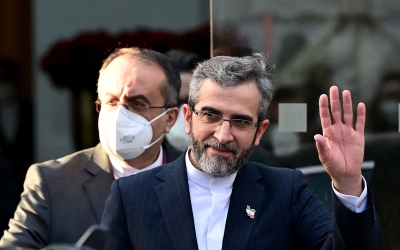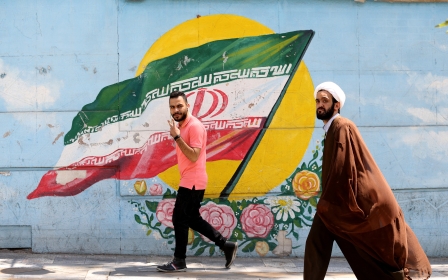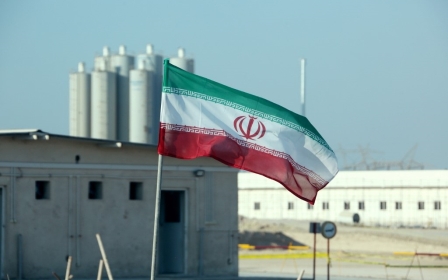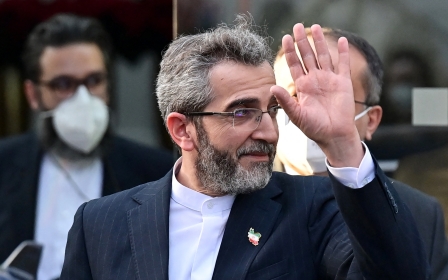Iran and Russia show positive signs of progress in nuclear talks
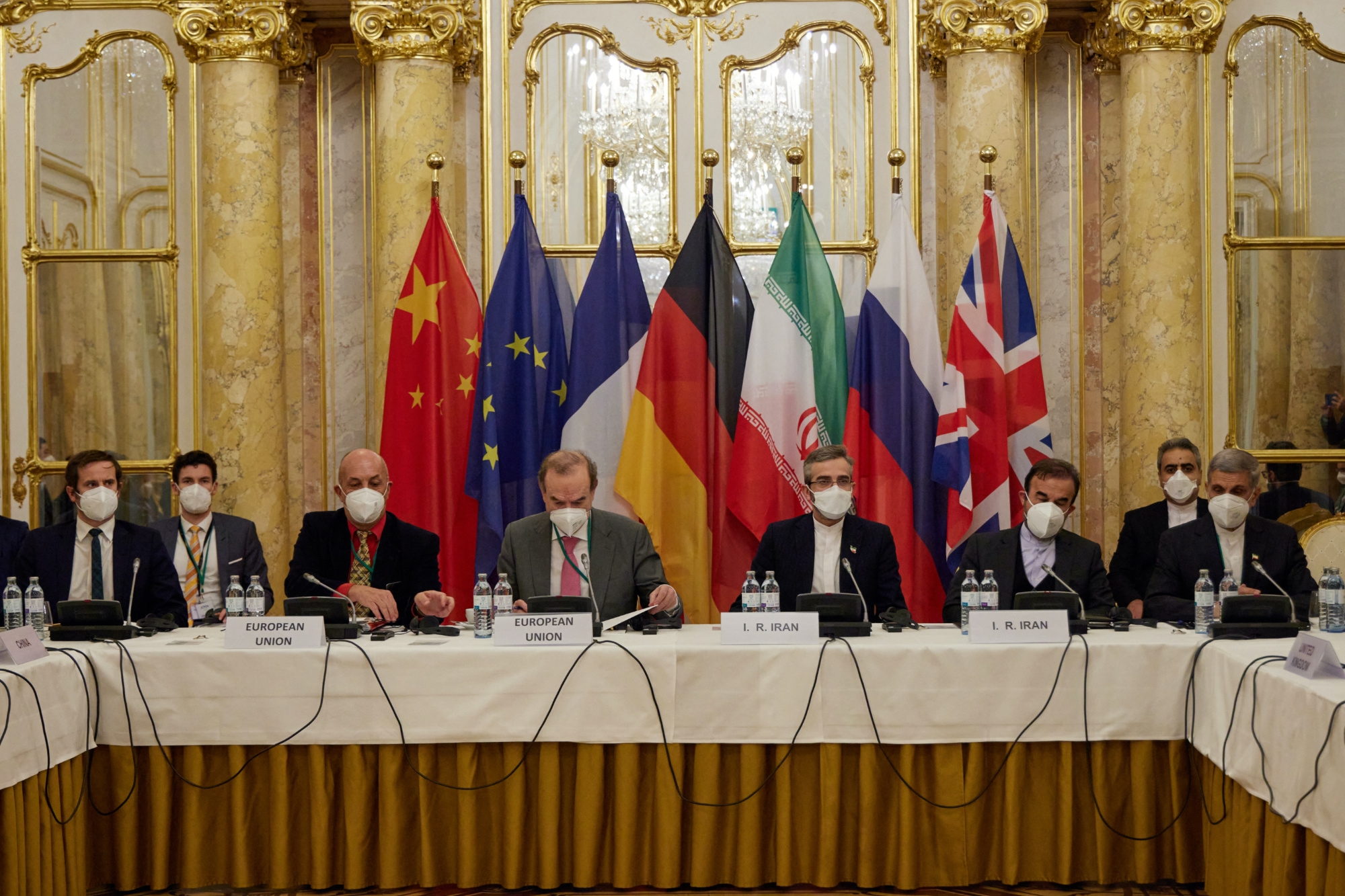
Russia and Iran on Tuesday morning struck an upbeat tone on the ongoing talks in Vienna aimed at salvaging the 2015 nuclear deal, with a Russian negotiator saying there was "indisputable progress".
Tehran said an accord was possible if the other parties to the eighth round of talks showed "good faith".
"The Vienna talks are headed in a good direction... We believe that if other parties continue the round of talks which just started with good faith, reaching a good agreement for all parties is possible," Iranian Foreign Minister Hossein Amirabdollahian said in Tehran.
"If they show seriousness, in addition to good faith, arriving at a deal soon and in the near future is conceivable," he said.
European negotiators, meanwhile, stressed that talks to save the nuclear deal are "urgent," with France, Germany and the United Kingdom saying in a statement that while technical progress had been made in the last round, the parties now needed to focus on key outstanding issues, particularly limits on the nuclear programme and sanctions.
"We are clear that we are nearing the point where Iran's escalation of its nuclear programme will have completely hollowed out the JCPOA (Joint Comprehensive Plan of Action)," negotiators from Britain, France, and Germany said in a statement.
They also said that, while they were not setting an official deadline, there were only weeks left to strike a deal.
"That means we have weeks, not months, to conclude a deal before the JCPOA's core non-proliferation benefits are lost."
Official talks over the Iran nuclear deal resumed on 29 November, following a long break after Iran's presidential election in June when Ebrahim Raisi was elected. Tehran has refused to engage directly with US negotiators after the Trump administration withdrew unilaterally from the deal in 2018 and imposed harsh sanctions on the Islamic Republic.
Other parties to the deal have been shuffling between the two sides, but US officials have repeatedly addressed their frustrations with this format and have argued that it slows down the process.
Since Washington's withdrawal from the deal, Iran has gradually expanded its nuclear activity, increasing its technical capabilities and enriching Uranium.
In the latest round of talks, Tehran has focused on the original terms of the deal, which was the lifting of sanctions in exchange for significant restrictions on its nuclear programme. Iran has argued that its nuclear programme is peaceful, and has called for the removal of all economic sanctions immediately, as it blames the West for not living up to the 2015 agreement.
Earlier this month, US Secretary of State Antony Blinken told his Russian counterpart, Sergei Lavrov, that the two nations have a common interest in preventing Iran from acquiring nuclear weapons.
Blinken said the US and Russia were "working together" at the talks in Vienna.
Middle East Eye delivers independent and unrivalled coverage and analysis of the Middle East, North Africa and beyond. To learn more about republishing this content and the associated fees, please fill out this form. More about MEE can be found here.


